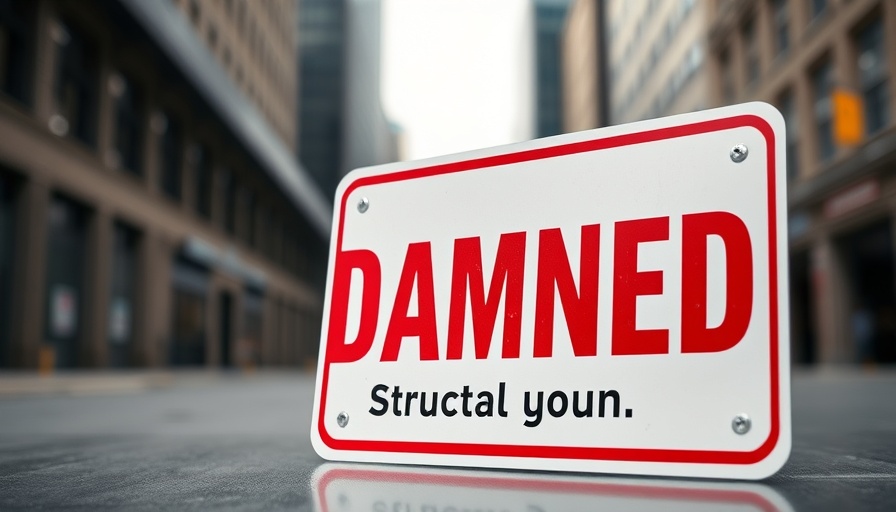
The Historical Roots of Constructive Total Loss
Understanding the doctrine of constructive total loss in property insurance begins with its origins in marine insurance. Initially, this concept allowed shipowners to abandon a vessel when repairs were impractical, claiming compensation as if the ship were completely destroyed. Over time, this important principle migrated to property insurance on land. Courts recognized that a building need not be literally destroyed to be deemed a total loss. In situations where legal prohibitions or condemnation orders made repairs impossible, the law treated the property as a total loss. Historical developments, particularly the enactment of valued policy laws in the late 19th and early 20th centuries, protect policyholders from being left with unusable or impaired properties.
Understanding the Legal Framework
As outlined by property insurance experts, the valued policy laws were crucial in ensuring that insurers could not inflate property values for premium collection, only to dispute the actual value after a loss occurred. These statutes solidified a fixed recovery amount in the event of a total loss, safeguarding the policyholders' interests. The courts have since developed tests, such as the identity test and restoration test, to determine whether a loss is total or partial. These frameworks empower homeowners facing potential condemnation or loss to engage with their insurers effectively.
Condemnation and Causation: A Battleground
A noteworthy area of contention regarding constructive total loss is causation—especially in cases of condemnation resulting from a combination of insured and non-insured conditions. For instance, a property suffering from fire damage alongside pre-existing structural decay raises questions regarding the insurer's full liability. The challenges in such scenarios underscore the importance for policyholders to establish the covered peril as the proximate cause of the condemnation to secure maximum recovery, reiterating the relevance of constructive total loss doctrines today.
Modern Implications and Insurance Practices
The importance of constructive total loss continues to loom large, particularly as building codes and safety ordinances evolve. Homeowners in South Carolina facing challenges with repairs that contravene modern safety standards should argue for total loss claims based on historical precedent. When repairs are deemed illegal or impractical, insurers must be reminded of their obligations under the law.
How This Affects You: Your Rights and Next Steps
For South Carolina residents navigating the murky waters of property damage claims, understanding your rights under the doctrine of constructive total loss can have significant implications. If faced with an insurance claim denial, recognize the tactics that insurance companies might employ to limit their payouts. Familiarize yourself with your policy terms and assert your rights with confidence. Engage promptly with legal counsel if your insurer disputes liability or delves into bad faith practices. If you've experienced delays in your insurance settlement or feel as though your claim has been unjustly minimized, it’s vital to take constructive steps:
- Document Everything: Keep detailed records of your communications with insurance adjusters and any documentation that supports your claim.
- Challenge Denials: If your claim is denied, don't hesitate to challenge it. Understanding the reasons behind the denial can clarify your next steps.
- Seek Legal Guidance: Consult with an attorney familiar with property insurance laws to help navigate complicated claims or disputes.
Taking Action Against Unfair Practices
None of us anticipate property loss, yet being well-informed can empower residents in South Carolina to navigate the claims process effectively. Equipped with the knowledge of constructive total loss principles and awareness of insurer tactics, homeowners can better protect themselves against unfair practices. Whether you're fighting a denied claim or questioning unfair tactics employed by your insurance company, understanding your rights is crucial. Remember, you are not alone in this struggle—resources and support exist to help you advocate for your rightful claims.
 Add Row
Add Row  Add
Add 




Write A Comment